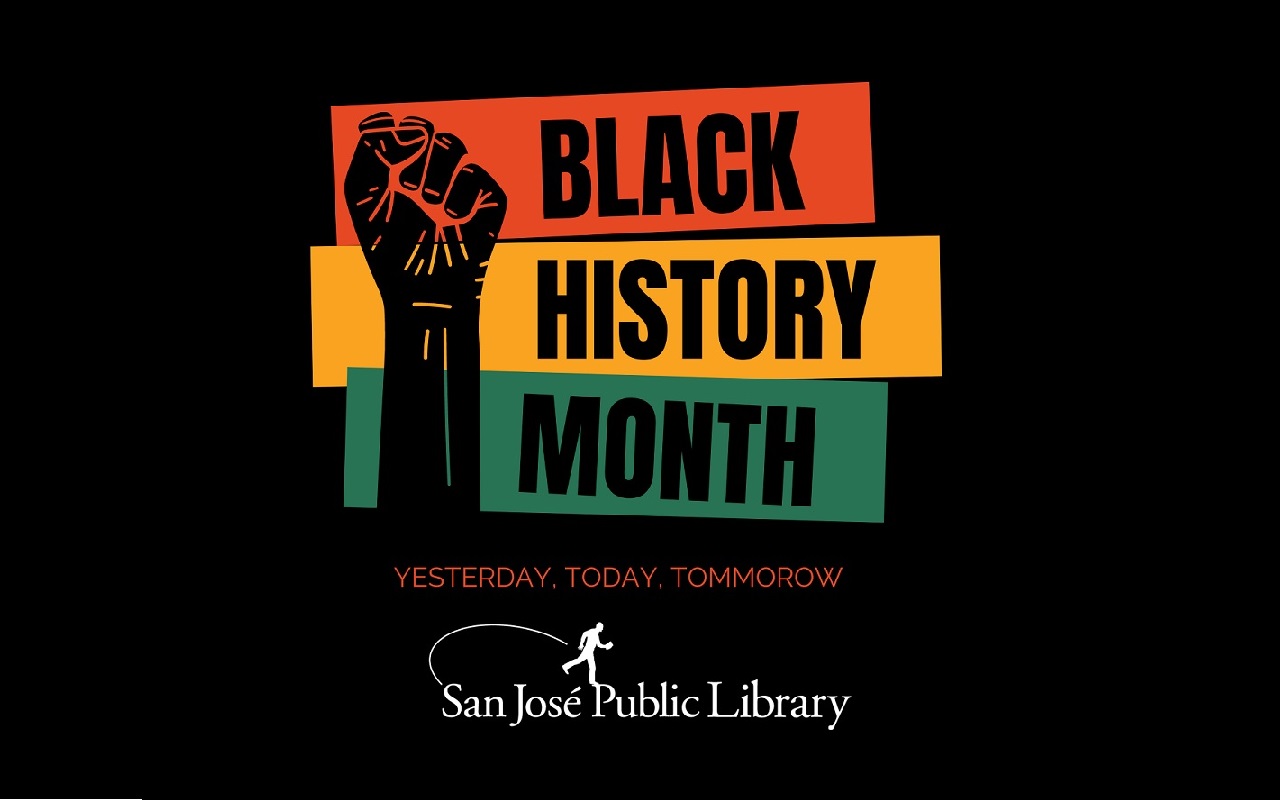
You may have been wondering where the blogs were for the last two days. My apologies. I took some time to self-care, that mostly means I stepped away from my computer for a few hours and looked at all zoom icons with disdain. Black history, while in many ways can be uplifting, can cause an emotional toll which is not only mental but can be physical. Usually, if I find myself falling victim to feelings that are sad that are related to discussions on racism, I take some time to myself. I do this because I don't have a therapist.
The Black community has a complex relationship with the mental health community. This has meant often that Black people have not sought mental health care or even become mental health providers. There are also Black stereotypes that fall into play not only regarding how people perceive Black people seeking help but have also been internalized by Black people that discourages them from thinking they even need outside help. If you have attended any of our FLC Black history month programs and/or read the blog about health in the Black community in general, you will know that Black people struggle with getting access to health services. Mental health already has negative connotations attached to it here in America, though it has improved a lot in the last few years; these feelings manifest differently in the Black community.
Black Thoughts
As early as the 1800s there was already the belief that “blacks are immune to mental illness.” It was believed that without the stress of having the option to interact with financial instruments, own property or engage in politics they could never suffer from mental stress.
Other early mental health providers had other beliefs that were entrenched in racism. It was believed one condition slaves and Black people may face was the desire to become White, which could be accomplished by miscegenation (race intermarriage), so that was highly discouraged. It was also documented that African slaves could become insane when subjected to slavery. Other conditions observed were Drapetomania, the disease that made enslaved men and women attempt to run away, and Dysaethesia Aethiopia, a illness that caused lethargy and dullness, which is now considered depression, though these early doctors considered them diseases. The suggested treatment for both conditions for slaves was whipping. After the Civil War it was believed that free Black people would be consumed by their passions and fall victim to vices leading to insanity; this is also a period with an increase in lynching of Black people. Also in the 20th century Black people who were found to be mentally deficient could be subjected to the eugenics movement which were state sanctioned.
When added with dehumanization, oppression, and violence against Black people, this makes for extreme distrust in the mental health profession by many enclaves of Black people. However, this is problematic as Black people suffer racism which is an ACE, Adverse Childhood Experience. ACEs are believed to be traumatic events that undermine a belief in safety and stability that suffered during childhood can lead to lasting effects in the body. It is believed that racism should be considered an advanced ACE as it has a generational component. Black people are more likely to experience feelings of sadness, hopelessness and worthlessness than White people. In 2018 suicide became the second leading cause of death for Black youth ages 10-14. Black people are less likely to have access to mental health services, less likely seek out services, receive needed care, have poor quality of care and end services prematurely. We are also under-diagnosed or misdiagnosed for mood conditions. For many Black people beyond the stigma of seeking help beyond religion there is the added feeling of pointlessness when you do because it is hard to find culturally competent Black therapists.
I believe this wholeheartedly as often there are things that I think and feel that my husband doesn’t experience in the same moment, that goes back to generational trauma about racism. For example, during the Trayvon Martin murder trial I often experienced panic attacks during my pregnancy while the gender of my child was unknown. My husband, while he felt strongly about how the case should go, didn’t experience the same feelings that I did. I felt hopelessness, anger, distrust and fear. I KNEW how these kinds of trials went and I also experienced fear that if I was going to have a son would I be able to protect him? Would I eventually lose him to jail or violence because he would be part Black? It worried me so much it increased my blood pressure and I was told by my doctor I was no longer to watch the daily analysis of the testimony. These were experiences my husband, as a White man, had never considered or had so he didn’t think about them.
Seek Help
So what can we do? Especially in times like these where many of us are approaching a year inside, self-care is vital. Use this time to reflect on how you have treated others with your privilege and what can you do to be better. If you are a Black person step away from the struggle for a few hours, we don’t need to speak for all Black people, educate every-one, protest, and re-shape the narrative. It is ok to cry, it’s ok to feel tired and don’t be afraid to seek care or if you are in the position become a care provider.
To learn more about early Black mental health pioneers.



Add a comment to: Celebrate Black History Month: Black Mental Health